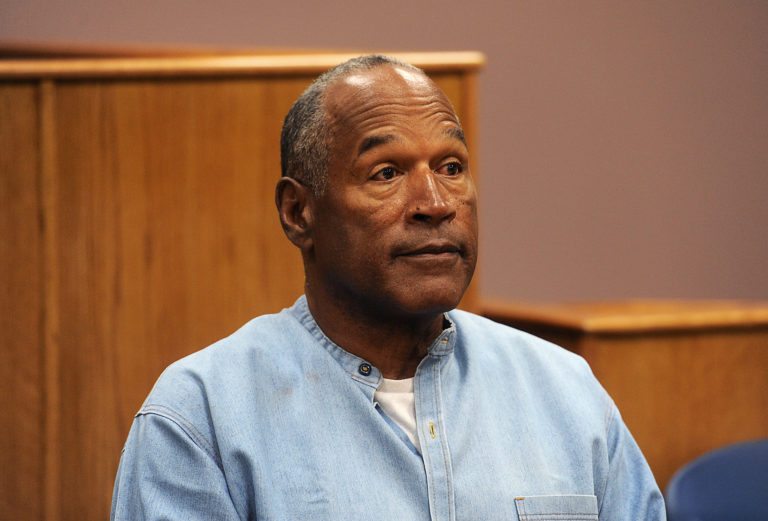US President Donald Trump has killed America’s involvement in the Trans-Pacific Partnership free trade deal with Australia, New Zealand and nine other nations.
Although the deal had been widely opposed in both nations, Trump’s move is a major economic and political blow to the transtasman neighbours. Australian prime minister Malcolm Turnbull had been holding out hope Trump might not go ahead while New Zealand prime minister Bill English admitted yesterday that US withdrawal would be “negative for us.”
But in one of his first acts in office, Trump carried out his campaign promise and signed the order to withdraw the US.
“Everyone knows what that means, right?” Trump said at the ceremony in the White House.
“We’ve been talking about this for a long time. It’s a great thing for the American worker.”
While the TPP was never ratified by the Republican-controlled Congress, several Asian leaders – especially former New Zealand leader John Key – had invested substantial political capital in it. Excluding the US, the countries represent roughly 13.5% of the global economy, according to the World Bank.
Australian trade minister Steven Ciobo, who is in the US, said during the weekend he had been speaking with remaining TPP nations “on ways to lock in the benefits from the TPP” without US involvement.
English said New Zealand would need to work with a range of other countries.
“We don’t have the choice America has. It’s big enough that they can make a living selling things to themselves.
“We have to trade, and so we’ll continue to advocate for the TPP, maybe in a way that means the US can join it later if they change direction, but in the meantime try to get the benefits that we can from the rest of it.”
Connections between Kiwi and US officials were under way. “You’ll find that relevant officials in trade and in defence are talking to each other. The minister of trade [Todd McLay] will be there within a few weeks, I would hope, to talk to his counterpart in the US.
“The US relationship’s really important to New Zealand, economically and for defence and security purposes, and so we will work at building on what’s a very positive relationship.”
Trump said today he is pursuing what he calls fair trade, not free trade, and has China and Japan in his sights.
He called out Japan for “making it impossible to sell” US cars in Japan.
“If you want to sell something into China and other countries it’s very, very hard,” Trump told a breakfast meeting of chief executives of some of America’s biggest companies.
“In some cases it’s impossible. They won’t even take your product. But when they do take your product they charge you a lot of tax. I don’t call that free trade. What we want is fair trade.”
“What we want to do is bring manufacturing back to our country,” he told executives of Ford, US Steel, Lockheed Martin, Tesla and other companies.
Companies that moved factories out of the US and then tried to sell its products back to America would be punished with a “very major border tax”.
But some Republicans criticised Trump’s move. Senator John McCain described it as a “serious mistake” with long-term consequences. “This decision will forfeit the opportunity to promote American exports, reduce trade barriers, open new markets, and protect American invention and innovation,” he said.
“It will create an opening for China to rewrite the economic rules of the road at the expense of American workers. And it will send a troubling signal of American disengagement in the Asia-Pacific region at a time we can least afford it.”
Trump also reinstated a ban on providing federal money to international non-government organisations that perform abortions or provide information about them.
The policy prohibits taxpayer funding for groups that lobby to legalise abortion or promote it as a family planning method.
Republican administrations have tended to institute such a ban while Democrats have reversed it, most recently President Obama in 2009.
Trump signed it one day after the anniversary of the supreme court’s 1973 Roe v Wade decision that legalised abortion in the US. Many fear that is now under threat.







